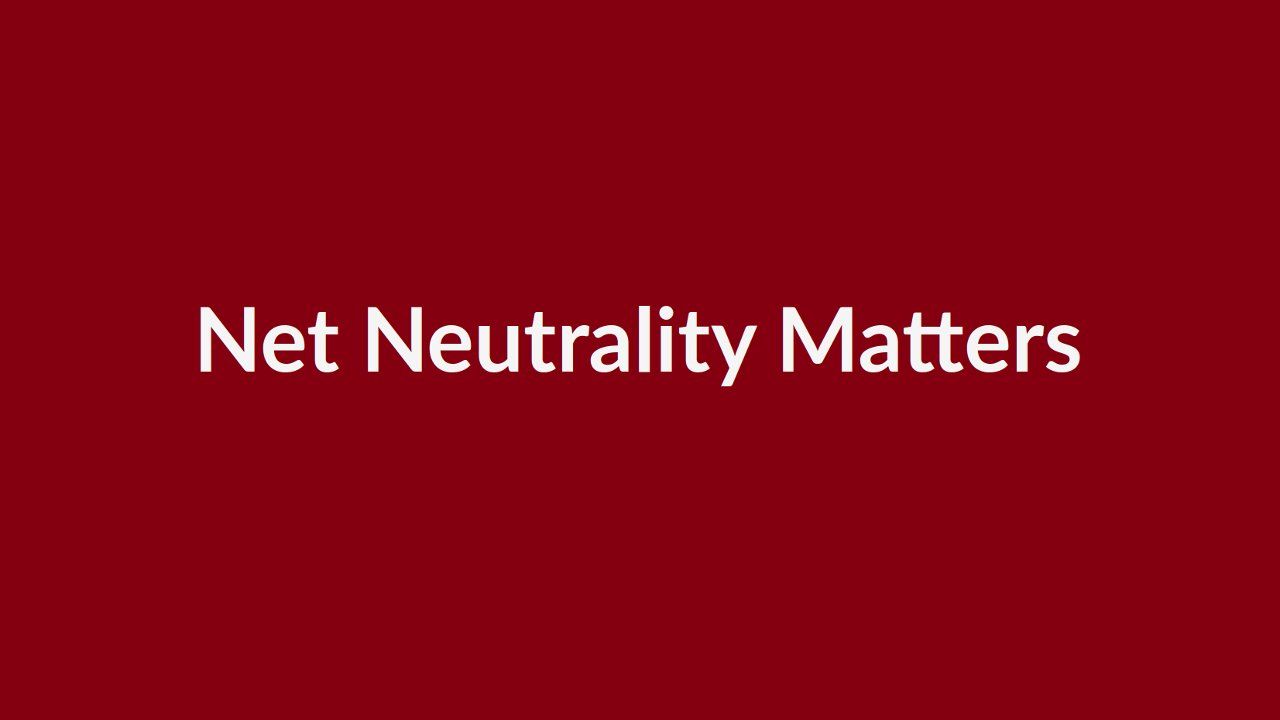AT&T is blocking Tutanota. This shows why we must fight for net neutrality.
ISPs should not have the power to decide which online services users can or can not access.
AT&T mobile users are unable to access Tutanota
Starting on January 25th 2020, we have had constant complaints from AT&T mobile users who were unable to access their encrypted Tutanota mailbox. While AT&T seemed willing to fix this when we reached out to them, the issue is still not solved and reports from users keep coming in.
Being in Germany, we were not able to test the issue ourselves, but our users confirmed that Tutanota was blocked on AT&T mobile connections, e.g. in Chicago.
While some AT&T users confirmed the block, others said that they were able to access Tutanota. As AT&T has not fixed the issue after more than two weeks, we are reaching out publicly in the hope of getting the attention of the right people at AT&T.
A similar outage happened in March 2018 when Comcast temporarily blocked access to Tutanota due to a technical issue. Back then a Comcast employee connected with us via Twitter and was able to fix the issue within one day.
The AT&T outage of Tutanota in some US regions is now ongoing for weeks.
How to evade AT&T block
Users of AT&T mobile who can’t access Tutanota may use a vpn or the Tor browser to evade this block and to access their secure Tutanota mailbox.
Call to action: Battle for the net
Such outages demonstrate how much power ISPs are having over our online experience, and it is shocking. If ISPs can block access to certain websites or services, they control the Internet. It would be naive to believe that American ISPs will not use this power. Without net neutrality ISPs can - and will - ask for extra fees.
ISPs could impose ‘taxes’ on websites
A free Internet guarantees that all online services are being treated equally: Right now we can access any website at the same speed. We are free to make a choice between all online services on offer without any disadvantage.
Without net neutrality, this changes. When all power lies with the ISPs, they decide what we see, what sites we are able to access. They can destroy a start-up before it has even started, simply by blocking their site. They could take money from corporations like Google and Facebook to offer ‘fast lanes’ to their users while smaller companies, start-ups or NGOs can not afford to do so.
Scrapping net neutrality laws will allow ISPs to impose ‘taxes’ on websites that in the end the user will have to pay. Our online experience will become much more unequal and much more expensive.
Corporate censorship will change the internet
Without net neutrality ISPs could, for instance, offer a ‘US bundle’, which allows users to use certain US services like Google, Facebook and Twitter without any data limit. If - or when - American ISPs start creating such bundles, this will harm competition immensely because using services not included in such a bundle would become more expensive to the end-user.
Internet Service Providers such as Verizon, AT&T or Comcast could include or exclude any service from their bundles without having to justify their decision. Thus, they can decide what services their customers use.
Why net neutrality matters
1. To keep the Internet free
Removing the current net neutrality protections would allow Internet Service Providers like Comcast and Verizon to block content, to slow video-streaming services from rivals, and to offer ‘service bundles’ of preferred partners.
Users would not be free to visit any site or use any service they would want to, but would be limited to what their ISP offers.
2. To guarantee free competition
Ultimately, the limits imposed by Internet Service Providers will make it much harder for start-ups to even get started. When users only get unlimited access to certain preferred websites and services, most of them will never even try a promising new start-up because of extra charges.
However, it is competition and great start-ups that fuel the innovation of the Internet. There’s a reason why monopolistic companies like ISPs, cable companies and telcos rank at the bottom of customer satisfaction studies - being monopolies they do not pay much attention to what their customers want and need.
While huge companies such as Google, Netflix or Amazon can most likely afford to sponsor data, smaller companies or start-ups don’t necessarily have the budget.
Universal access and fast connections are most important when it comes to online services. So even if you are providing the better service compared to what a huge corporation has on offer, the big competition can always outplay you by simply paying for faster connections and better accessibility for their users. In the end, monopolies will control the Internet and your data. This will not only harm innovation, but it will also make online services more expensive for consumers. Without a choice of services, monopolies can raise prices at their own discretion as users won’t have the option of switching services anymore.
3. To guarantee free speech
Net neutrality is important to guarantee free speech and, thus, to protect democracy itself. If net neutrality is lost, there is no way of turning back: Big corporations will own the Internet, big corporations will decide what we see online, big corporations will dominate the public opinion, big corporations will dominate any future decision to be made in Politics.
The Internet right now is bringing people together and giving them the possibility to discuss their beliefs and opinions in a mostly free and open manner. It’s possible to gather a lot of information online even in countries where the ruling class censors the media.
By now, the Internet has become the perfect place to organize public resistance when the ruling class tries to seize too much power. A free and open Internet helps people all around the world to access uncensored information.
4. To enable free access to information and education
Most countries invest heavily in free education: free schools, free libraries for children and students, and so on. Without net neutrality, we harm one of the biggest resource to gather free information: the Internet.
Limiting access to this great information resource will disproportionately impact low-income families and limit everybody’s potential to learn in our digital age.
If websites have to pay for fast lanes, accessibility of educational and non-profit websites will suffer as they will not have the funds, or prefer to spend their funds elsewhere instead of throwing it as ISPs.
Conclusion
The Internet as a free and open market place is great for information, innovation and competition. That’s why the Internet needs to be treated like a utility, just like electricity or water. In our modern digital age, access to the Internet - and to all its content at the fastest possible speed - has become a basic necessity to all of us.
Handing such an important tool entirely over to companies that care more about profits than about anything else is, to say the least, dangerous.
That’s why we must fight for net neutrality.

